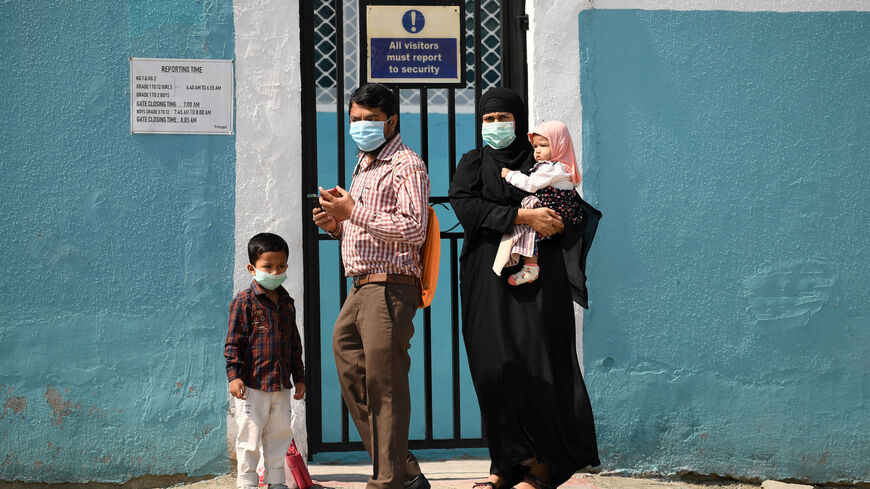Abu Dhabi’s education authorities have announced that students at private schools must return to in-person classes.
The Abu Dhabi Department of Education and Knowledge told private and charter schools that they must return to in-person learning for the upcoming academic term. The decision follows widespread compliance with measures designed to mitigate the spread of COVID-19, the official Emirates News Agency reported today.
Students throughout the United Arab Emirates will return from spring break on April 14.
Some stipulations apply. Unvaccinated students ages 16 and older must provide a negative PCR test result every seven days. Vaccinated students 16 and older, as well as vaccinated teachers and staff, will also need to provide a negative PCR test result every 14 days, according to the agency.
Last October, the Abu Dhabi Education Department prohibited mandatory coronavirus vaccination for students younger than 16.
The students will need to wear face masks upon their return. Students showing symptoms of COVID-19 or who have a medical exemption will not be compelled to return to the classroom, according to the Emirates News Agency.
Students in public schools in the UAE returned to the classroom in January.
Why it matters: Schools throughout the UAE switched to remote learning in 2020 due to the COVID-19 pandemic. The virus situation is largely under control now. The UAE is averaging only about 270 cases and zero deaths a day among its population of nearly 10 million.
Remote education has led to learning loss for children around the world. An April 2021 study in the Netherlands found that students learned relatively little when schools were closed. A December 2021 study from Brown University in the United States determined that learning losses were worse in school districts that instituted remote learning. In December of last year, the United Nations said that current students worldwide are at risk of losing $17 trillion in future earnings due to virus-related school closures.
As in the United States and Europe, internet access is widespread in Abu Dhabi.
Know more: Several countries in the Middle East have grappled with the challenge of containing COVID-19 and minimizing disruptions to students. Students in Iran who lacked smartphones struggled to obtain the necessary online tools to learn remotely in 2020. Lower-income Israeli students without computers faced similar issues that year.







